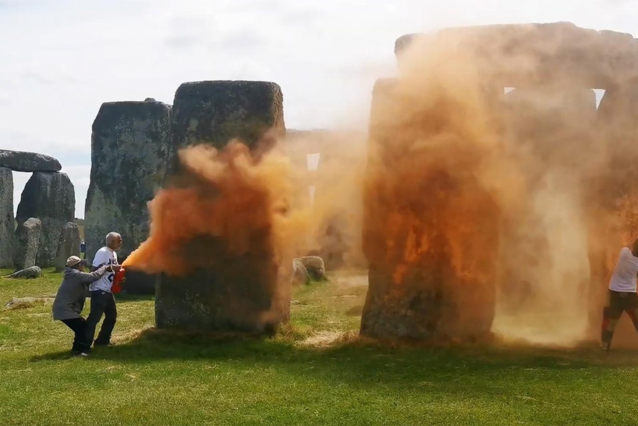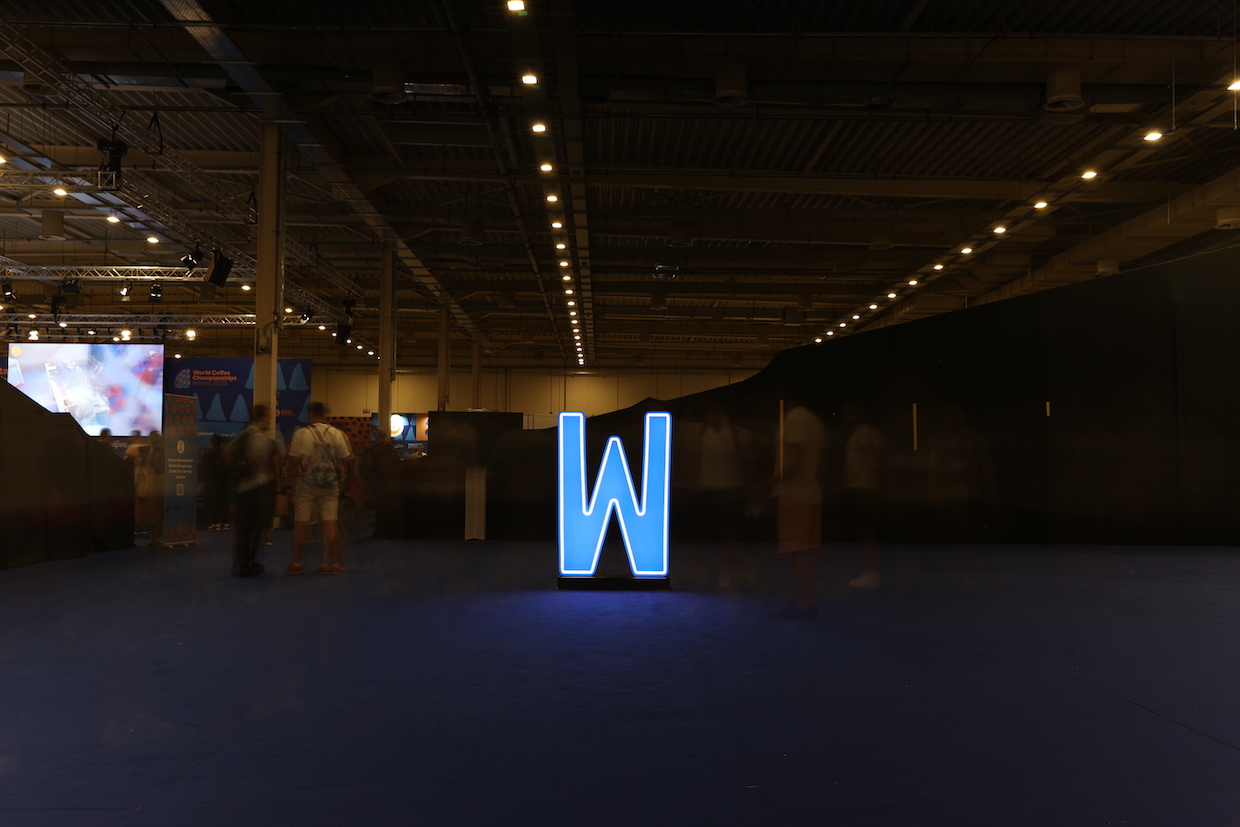Mexico’s Yucatan peninsula is home to an intricate network of underground rivers and lakes that are part of a hidden underground world known as cenotes. These stunning sinkhole lakes, surrounded by walls of stalactites, provide a habitat for schools of fish and other aquatic life.
However, the construction of President Andrés Manuel López Obrador’s ambitious project, the Maya Train, is threatening this delicate ecosystem. Scientists and environmentalists are concerned about the long-term impact of the train on the environment, with spotlight intensifying on these caverns as Mexico prepares for presidential elections.
Engineer Guillermo D. Christy watches in dismay as heavy machinery echoes through the cave, drowning out the natural sounds of dripping water. Construction workers drill holes into the limestone and install steel pillars for the train line, replacing natural formations like stalactites with concrete. D. Christy has spent years studying these caves and their water systems but is appalled by the disregard for the environment in this construction project. The destruction of these caves is seen as an act of ecocide by D. Christy and others concerned about preserving this unique ecosystem.
The Maya Train project aims to connect Mexico City to Cancun through an extensive railway system but it comes at a high cost to the environment. The construction process disrupts delicate ecosystems and pollutes groundwater sources with toxic chemicals from concrete production.
The destruction of these caves not only affects their biodiversity but also threatens tourism opportunities that depend on them. Visitors flock to these sinkhole lakes to swim in crystal clear water and explore underground jungles while scientists study their geology and biology.
Scientists argue that there are better ways to connect cities without compromising natural habitats or polluting groundwater sources.
As Mexico prepares for its upcoming presidential elections, environmental concerns have become a significant issue in public discourse. While some politicians promote economic growth over environmental protection, others advocate for sustainable development policies that prioritize conservation efforts.
In conclusion, while progress may be necessary for economic growth, it should not come at the expense of our planet’s delicate ecosystems. The destruction of cenotes highlights how important it is to prioritize sustainability in all aspects of development projects that involve natural resources.



